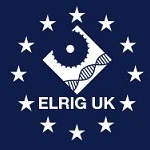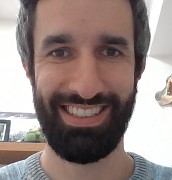
Tuesday, 30 November 2021 to Wednesday, 1 December 2021

|
Tue30 Nov03:30pm(30 mins)
|
Where:
Auditorium
Speaker:
|
